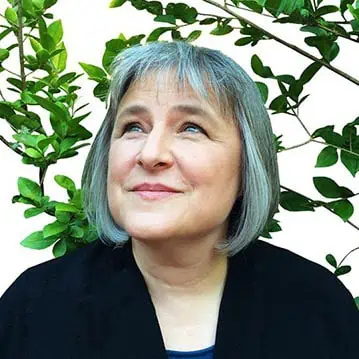What the heck is Relational Neuroscience?
What is relational neuroscience?
Relational neuroscience is an integrated field of study of what brains do in relationship.
Also known as IPNB (Interpersonal Neurobiology), relational neuroscience is an interdisciplinary study of how brains behave in relationship. The field brings together Psychology, Attachment Research, Cognitive and Social Neuroscience and Complexity Theory to create a synthesized understanding of self and other. Dr. Daniel Siegel is the primary figure in this field.
Working with cutting-edge neuroscience research, relational neuroscience is in a continual state of development and integration, supporting people to have a clear and compassionate understanding of themselves in the world and in their histories, both as individual humans and as mammals.
As people learn about themselves with resonance and understanding, they are freed to find their own way to healing and the natural expression of who they were born to be.
The essence of this work is to learn to resonate with ourselves and others so that our foundational and generous selves are unearthed from implicit entanglements and supported to be as integrated and complex as we are supposed to be.
What does healing from trauma have to do with neuroscience?
There are so many frameworks and worldviews for conceptualizing what health, wellbeing and illness even is. If you ask indigenous tribal elder on Turtle Island, a Sangoma healer in the Zulu tradition of South Africa, or a Somatic Psychotherapist trained in the United States “how do I heal from trauma?” they will all have different answers, and likely highly different definitions for what trauma even is.
There are no “correct” definitions, only various kinds of maps for integration and healing that are informed by the cultural context in which those healing modalities arose.
Within interpersonal neurobiology, we conceptualize that there are nine different domains of integration – that is, nine different dimensions by which we can see and articulate the way in which human brains heal and become more whole, in a way that’s just right for us.
The Nine Domains of Integration
When trauma is present, our brains capacity for integration is impaired. We become rigid, blocked, stuck in patterns of too much, or not enough. Domains of integration are the places in which our brains integrate as we do the trauma healing work.
The key to moving the system toward well-being is to begin to explore which elements are not differentiated and/or linked, across a spectrum of nine different domains:
- Integration of Presence (consciousness)
- Vertical Integration (body and mind, self-regulation, choice)
- Horizontal Integration (left and right hemispheres)
- Integration of Memory (emotional and factual memory)
- Narrative Integration (the stories we tell and the sense we make of them)
- State Integration (moving toward living in emotional states that are easier on us)
- Temporal Integration (finding ourselves in time)
- Interpersonal Integration (being just the right amount differentiated and just the right amount close and connected with others, in a way that works for us.)
- Transpirational Integration (coming to feel connected to a larger whole.)
Again, there is no ideal “final resting place” for integration or wellness. Healing and wholeness are an entirely subjective experience that is up to us to determine for ourselves.
Recommended Reading
My book Your Resonant Self includes foundational elements of Relational Neuroscience and gives an overview of the field. Your Resonant Self explains the importance of the voice of the body and teaches us how to use resonance to move into neuroplasticity, which is how the brain heals and changes.
If you’d like to read even deeper into the foundations of Interpersonal Neurobiology, also known as Relational Neuroscience, you might enjoy these other books:
- Being a Brain-Wise Therapist by Bonnie Badenoch
- The Neurobiology of We (CD set) by Daniel Siegel
- The Master and His Emissary by Ian McGilchrist
- The Neuroscience of Human Relationships: Attachment and the Developing Social Brain by Louis Cozzolino
- The Boy who was Raised as a Dog by Bruce Perry







